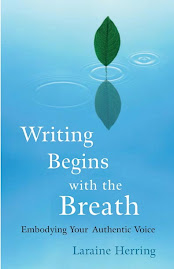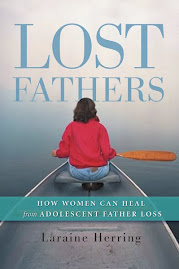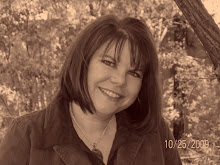
March 4 is National Grammar (not grammer) Day!
What are your plans for fighting the forces of grammatical evil and terrorism that assault us every day at threat level red?
May I suggest a few things:
Visit the National Grammar Day website. You'll see a playlist of songs called Bad Grammar Hall of Fame. Guess who's (that's who's not whose!) featured? Bob Dylan's Lay, Lady, Lay. Come on. You know why that's wrong. Right? :-)
Join SPOGG! Yeah, did you know there was a Society for the Promotion of Good Grammar? America rocks.
SPOGG's website is for people who crave good, clean English — sentences cast well and punctuated correctly. It's about clarity. And who knows how many of the world's huge problems could be solved if we had a little more of that?
Indeed.
Understand that travel is challenging for those of us who care about English usage. I consider myself a Defender of the English Language. A DEL! :-)
Billboards, newspapers and advertisements constantly present incorrect statements. We DELs do understand that English is evolving. We understand that the rules of 19th century textbooks no longer apply. We can even, from time to time, accept text talk in a paper for one of our English classes (but only if we're really in a good mood!)
Here are some things that haven't changed:
your and you're
I want your wardrobe.
You're a stuck up grammar snob.
it's and its
It's going to snow today.
Pick up the shovel by its handle.
(I was on the PBS site yesterday, and they misused its. PBS! I had to close out the browser window and weep.)
would have and could have
Never should thou write would of or could of. If that was right, then the contraction would be would'f. Yeah. Goofy.
CDs for plural, not CD's
If it were CD's, the writer would mean belonging to the CD. Example: I love that CD's artwork. In this sentence, the word artwork is referring back to the CD, indicating that it belongs to (possessive) the CD.
Example: Will you go stock the CDs? Here, we mean more than one CD. No apostrophe.
And while I'm on the apostrophe: Whoever told you that you add an apostrophe whenever you encounter a word ending in s is wrong. Wrong. So wrong.
Example: Cat's for sale.
This could be right, if the author was intending to say: The cat is for sale. But more than likely, the author meant more than one cat was for sale. This, in principle (not principal) is silly because everyone knows there are more than enough free cats in the world.
balled and bawled
I never knew the confusion around this one until I started teaching and my sweet eighteen year olds wrote stories in which the female protagonist is crying (balling). Makes you laugh on a Saturday afternoon.
These are my pet peeves. Every card carrying member of SPOGG has his or her (that's his or her, not their because the subject is singular not plural) own grammar-nazi tendencies. If you're one of our students, beware and be wary. We do have a sense of humor. And we understand there are simple typographical errors. And yes, we understand that sentence fragments and run-ons sometimes contribute to style, especially in creative writing.
But trust me. If you don't know how to use the language, you'll never be able to use the language in an original way. You'll always imitate. Understand how to construct a variety of sentences with modifiers in the right place. For example:
Slipping on the banana peel, her purse flew out of Susie's hand. Wrong! (And funny. Here's where our sense of humor comes in handy!)
Susie's purse flew out of her hand after she slipped on the banana peel. Right! And not as funny.
Creative writing doesn't mean cultivating a blatant disregard for the rules of punctuation. Creative writing doesn't give you free reign (not rain) to use and abuse sentence structures and commas. (May I one (not won) day meet the curriculum developer who taught a boatload of students to put (not putt) commas wherever a student feels a need for a pause. It won't (not wont) be pretty.)
This is your language. Bend it. Play with it. Love it. Few things are more amazing than a human's ability to use language to communicate. But when we don't follow the basic rules of grammar, we don't communicate as well as we could. And then we're (not were) left with Bushisms. Don't we know where that got us?
Happy Grammar Day! Your nation needs you!











3 comments:
I have defiantly(!) seen similar examples in my collage(!) students' papers.
Okay, I'm a little nervous to comment because I know my writing is full of mistakes!
Thank you for the grammar examples - I'm terrible about the "should have" and "could have" rules.
Just one question: is your last sentence okay? May I start a sentence with "Don't"?
Hi JJ,
Yes, of course you can start a sentence with "don't." It's like "won't."
Ex: Won't you come out and play?
Ex: Don't you know what you're getting into?
You can also start a sentence with "and", and it's no longer necessary to avoid ending a sentence with a preposition. Sometimes it just sounds dorky when you don't end the sentence w/the preposition. See? :-) We do have the ability to be flexible. Sometimes it's too much to bear, but we try to laugh through it all -- and of course, we're not perfect either!
Post a Comment